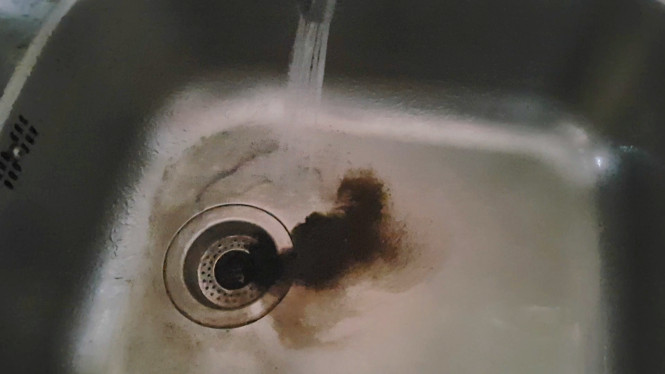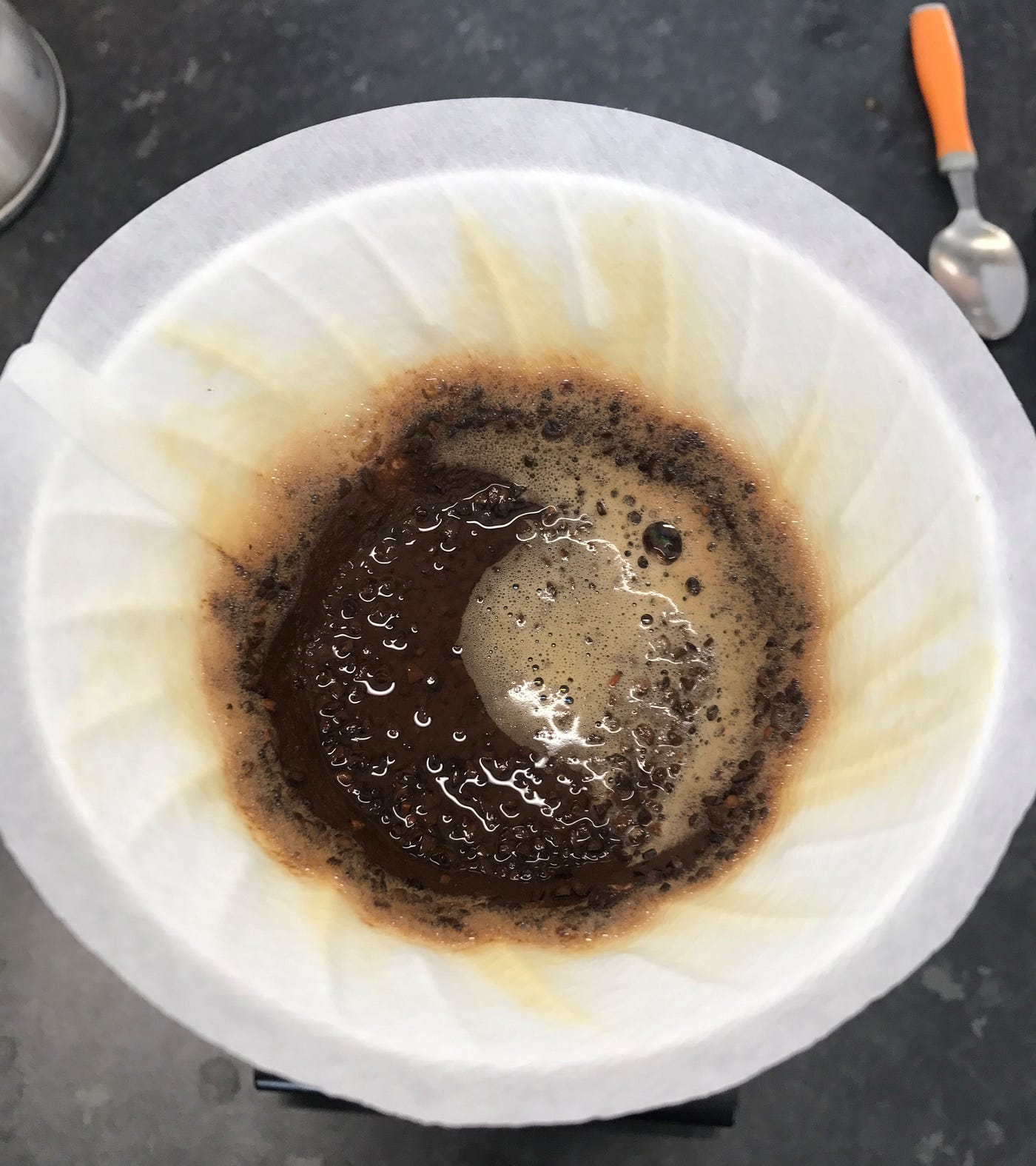Can You Dispose of Coffee Grounds Down the Sink? - Understanding Implications
Can You Dispose of Coffee Grounds Down the Sink? - Understanding Implications
Blog Article
We've noticed this great article relating to Can You Put Coffee Grounds in the Sink Garbage Disposal? below on the web and concluded it made sense to share it with you over here.

If you're an avid coffee enthusiast, you might be wondering about the most effective method to deal with your coffee grounds. While it might seem hassle-free to clean them down the sink, this method can result in several concerns for both your plumbing and the atmosphere. In this short article, we'll explore whether it's risk-free to put coffee grounds down the sink and talk about different disposal techniques to consider.
Threats of Putting Coffee Grounds Down the Sink
Plumbing Issues
One of the key concerns with disposing of coffee premises down the sink is the risk of blocking your pipes. Coffee grounds do not dissolve in water and can gather in time, creating a dense sludge that can obstruct drains and result in pricey plumbing repair work.
Ecological Impact
Beyond the possible damage to your plumbing, placing coffee grounds down the sink can likewise damage the environment. When cleaned right into the sewage system, coffee grounds can add to obstructions in sewage system lines and therapy facilities. Furthermore, the high focus of organic matter in coffee premises can diminish oxygen degrees in waterways, adversely impacting water life.
Alternatives to Disposing of Coffee Grounds
Composting
One environmentally friendly choice for disposing of coffee grounds is to compost them. Coffee grounds are rich in nitrogen, making them an exceptional enhancement to compost heap or bins. As they break down, they include nutrients to the soil, boosting its fertility and texture.
Trash Disposal
If you don't have a composting configuration, an additional option is to merely toss your coffee premises in the trash. Make certain to secure them in a compostable bag or container to prevent odors and leakage. While this technique does not offer the same environmental benefits as composting, it's a risk-free and hassle-free way to get rid of coffee premises.
Tips for Proper Disposal
Make Use Of a Sink Strainer
To stop coffee premises from entering your sink's drainpipe to begin with, consider utilizing a sink filter. These low-cost tools trap solid bits, including coffee grounds, stopping them from creating clogs.
Routine Maintenance
No matter exactly how you select to deal with your coffee premises, it's essential to preserve your plumbing consistently. Set up periodic drain cleansings to get rid of any kind of build-up and guarantee that your pipelines continue to be clear and free-flowing.
Conclusion
While it might be tempting to wash coffee premises down the sink for convenience, doing so can have significant consequences for your plumbing and the setting. Instead, consider composting your coffee premises or throwing away them in the trash. By taking on responsible disposal methods, you can enjoy your coffee guilt-free while lessening your eco-friendly impact.
Coffee Grounds Down The Drain: Are They OK?
Can Coffee Grounds Go Down the Sink?
You may be thinking, “But I pour them down the sink drain every day and I’ve never had a clogged drain!” You see, coffee grounds come from coffee beans, which are virtually rock hard by the time they’re ground and brewed. You certainly wouldn’t want to grind up the pit from a peach, apricot, or nectarine that is about just as hard because they wouldn’t break down like other foods, and it’s the same with coffee beans!
If you usually grind coffee beans in the garbage disposal because it seems the cleanest and convenient, we don’t fault you for that. And anyone who has ever had to clean up the trash with spilled coffee grounds after a dog got into it would understand the rationale. Unfortunately, coffee grounds do not break down in water, so instead of grinding up and washing away as normal foods do in a garbage disposal, they clump together and as time goes by, the grounds can form a clump and pack the drain until it develops a clog.
What to Do With Coffee Grounds
So, what do you do with coffee grounds if you can't put them down the drain? You could of course just throw them in the garbage, but we encourage you to give these practical uses for them a try!
Since coffee grounds contain key minerals for plant growth, you can use them to fertilize your garden. Coffee grounds not only fertilize gardens because they are mineral-rich, but they are also great at absorbing contaminants in the soil, particularly heavy metals. Coffee grounds are said to attract worms, which help gardens flourish. You can use coffee grounds as fertilizer by sprinkling them around your plants. You can compost your coffee grounds and use them at a later time. Coffee grounds are great insect repellents when you place them in bowls or sprinkle them around the areas you want to repel insects. To remove fleas from your dog or cat, simply shampoo your pet then rub coffee grounds throughout their fur. Rinse them off and dry as usual. Like baking soda, used coffee grounds can eliminate odors. You can place them in a bowl in the fridge and let them do the work! Mix coffee grounds with coconut oil for a wonderful face or body scrub, or to reduce the appearance of cellulite. https://www.wintershomeservices.com/blog/2019/august/coffee-grounds-down-the-drain-are-they-ok-/

I discovered that piece on Can Coffee Grounds Go Down the Drain or Sink? when doing a search on the search engines. Enjoyed reading our posting? Please share it. Help somebody else locate it. We cherish reading our article about What are the consequences of putting coffee grounds.
Schedule Appointment Report this page